LATEST INSIGHTS
Your Present Location: LATEST INSIGHTS-
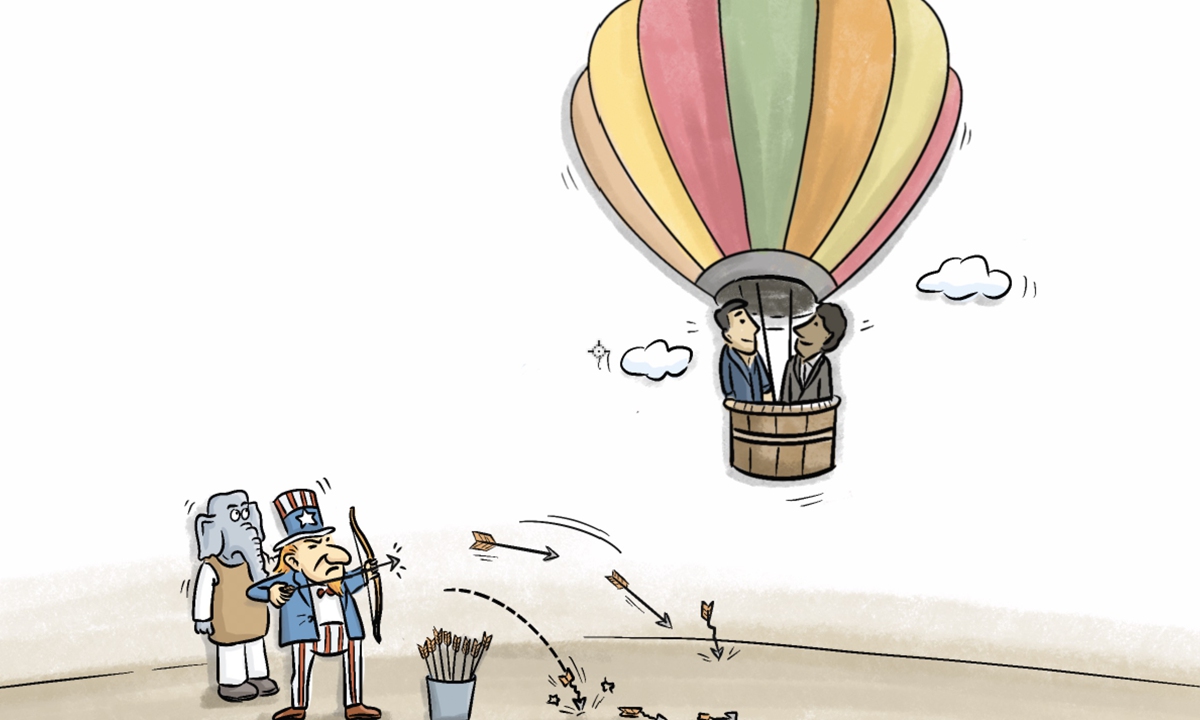
Liu Zongyi: Attempts by the US and India to sabotage CPEC doomed to fail
As the flagship project under the framework of the China-proposed Belt and Road Initiative (BRI), the China-Pakistan Economic Corridor (CPEC) has become a main target of fierce slander by anti-China forces in the US, India and some other countries. Responding to the relentless attacks, a Pakistani official recently said that the US was "conniving in cahoots with India against the economic lifeline of Pakistan."
2021-10-27 -
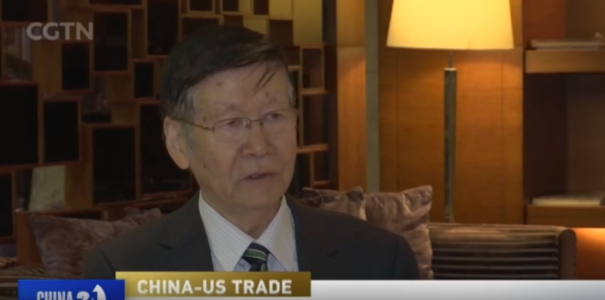
Liu Zhiqin: Biden administration's trade policy briefing repeats carrot-and-stick trick
The Biden administration has unveiled its long-awaited strategy for resolving trade differences with China, seeking dialogue and cooperation. But analysts told CGTN that tensions between the world's two largest economies are not going anywhere just yet.
2021-10-27 -
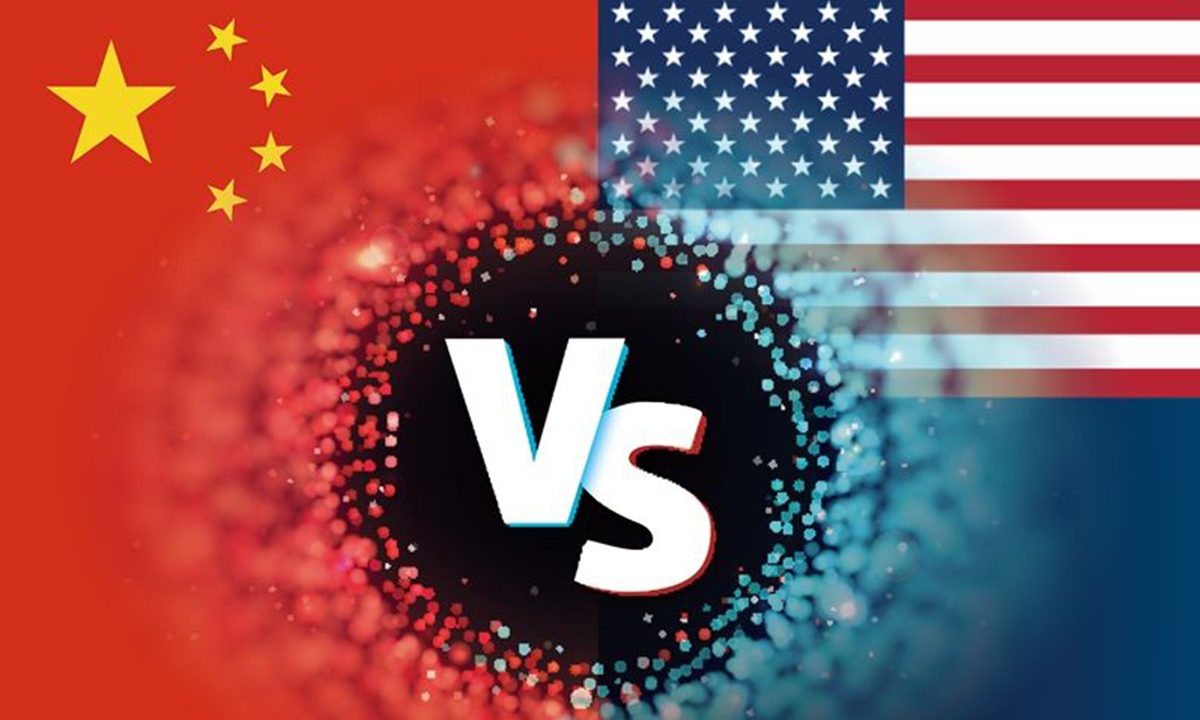
Wang Wen: Avoid misunderstanding of major power relations in post-West era
On the last page of his famous book The Rise and Fall of the Great Powers, Paul Kennedy quotes Otto von Bismarck, the first chancellor of the German Empire, saying that, "all of these Powers are traveling on the stream of Time, which they can neither create nor direct, but upon which they can steer with more or less skill and experience." Kennedy's open-ended predictions about great power relations are being unveiled as the 21st century enters its third decade. The major powers are facing changes not seen in a century.
2021-10-26 -
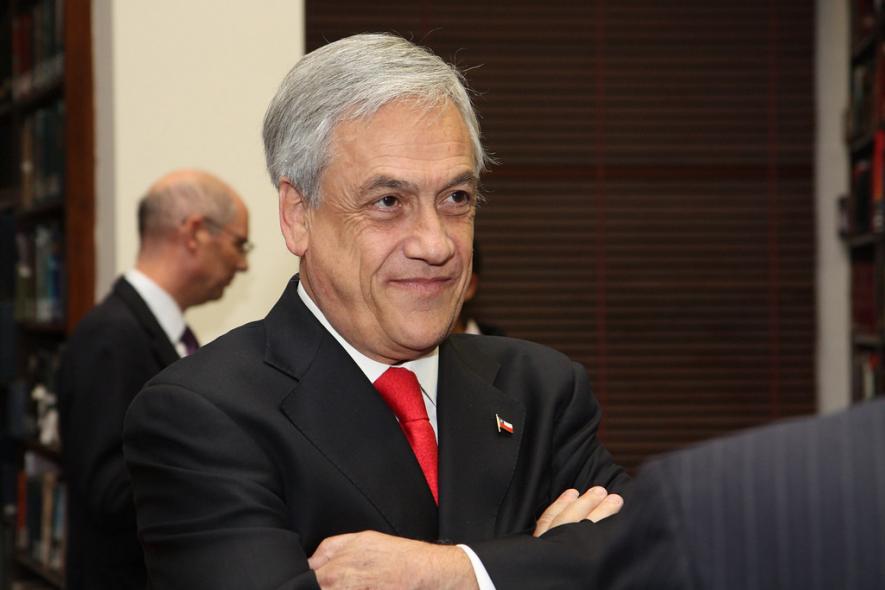
Vijay Prashad: Chile Is at the Dawn of a New Political Era
“It feels like we are at the end of an era,” Bárbara Sepúlveda tells me on October 12, 2021. Sepúlveda is a member of Chile’s Constitutional Convention and of the Communist Party of Chile. The era to which Sepúlveda refers is that of General Augusto Pinochet, who led the U.S.-backed coup in 1973 that overthrew the popularly elected government of President Salvador Allende. During the Pinochet era, the military acted with impunity, and the left was assassinated and sent into exile—while big business (both Chilean and foreign) received all the blessings of the dictatorship. That’s the era that has slowly been sputtering to a halt since Pinochet’s removal in 1990 and since the Chilean people voted to throw out the dictatorship’s Constitution of 1980 and write a new one.
2021-10-26 -
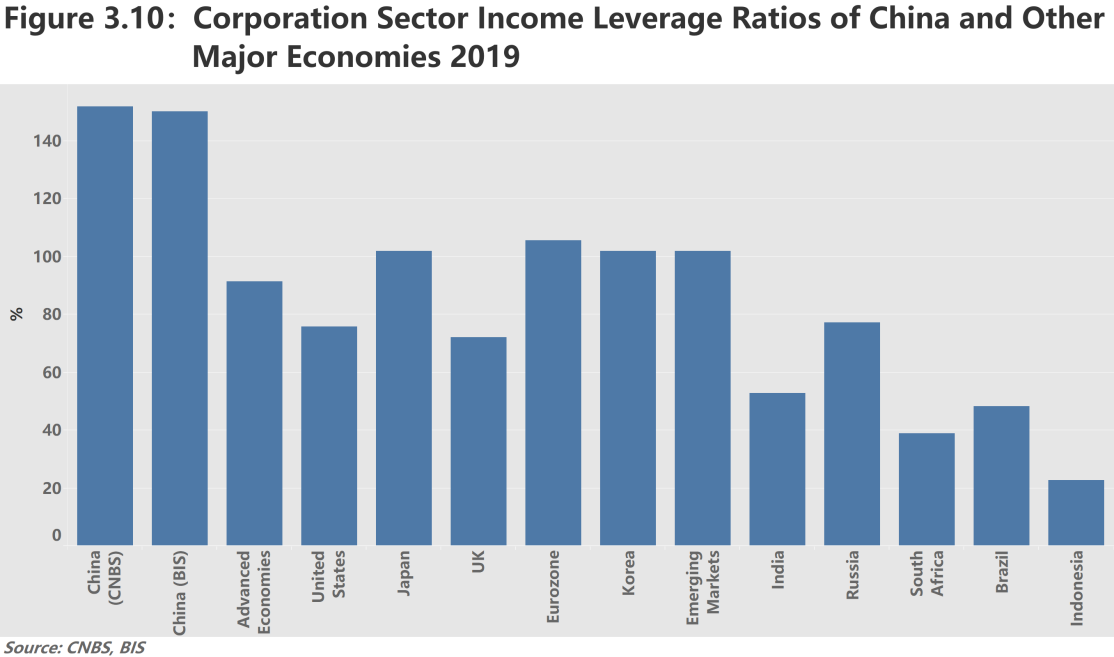
RDCY: China’s overall debt level should not be overestimated
On October 13th, 2021, Macro Situation Forum (Fall 2021) with report release of “An Analysis of China's National Debt Level Using Two Leverage Ratios”, hosted by Chongyang Institute for Financial Studies, Renmin University of China (RDCY), co-organized by Global Governance Research Center at Renmin University of China and Jufeng Financial Research Institute, is held successfully. CCTV, Changan Street Zhishi, iFeng.com, Nanfang Metropolis Daily, Shenzhen TV, Security Times, Zhonghong.com, Financial News report the event.
2021-10-26 -
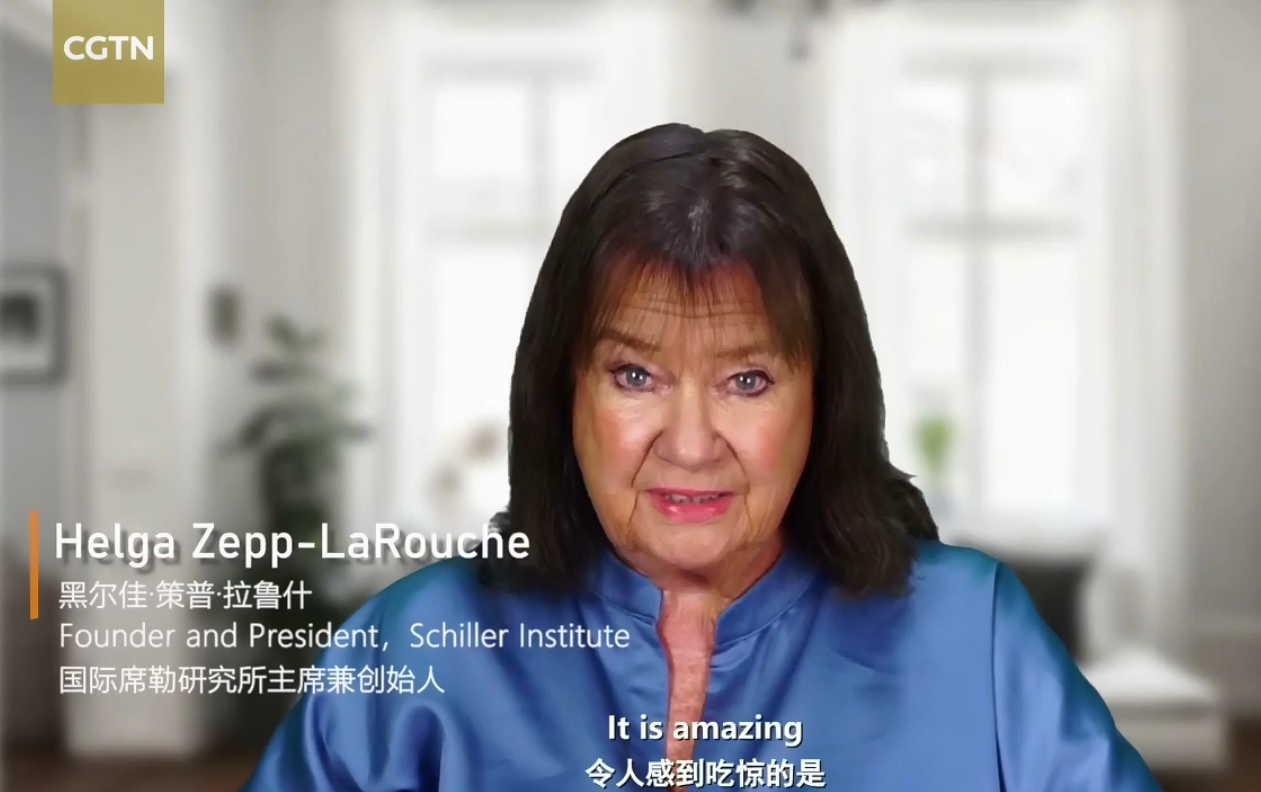
Helga Zepp-LaRouche: Cooperation, best way to handle the global crisis, achieve common good
It is incredible that in the West, there is presently an escalation of the campaign to attack China and Russia as "autocratic systems" and the supposed contrast with the "alliance of democratic states," but the reality is almost completely mirror-inverted.
2021-10-25 -
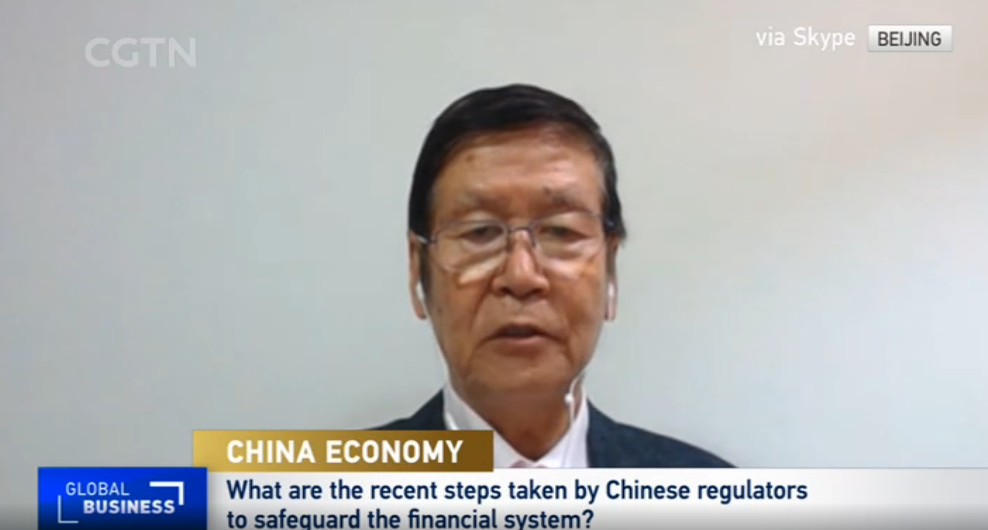
Liu Zhiqin: Views on China's Economy
Liu Zhiqin, a senior fellow from the Chongyang Institute for Financial Studies at the Renmin University of China, shared his insights with CGTN regarding with China's Economy, talking about recent steps taken by Chinese regulators to safeguard the financial system.
2021-10-25 -
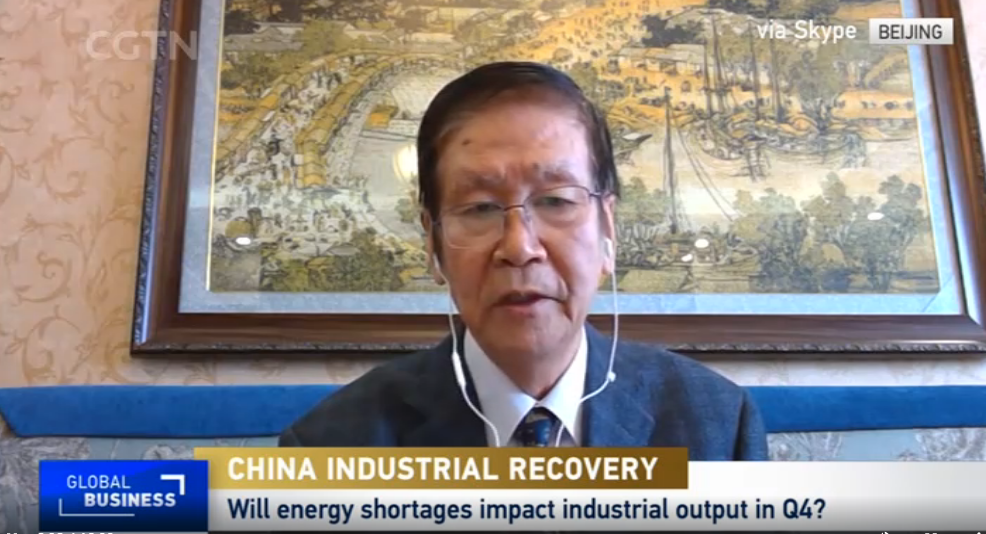
Liu Zhiqin: Insights on China Industrial Recovery
Liu Zhiqin, a senior fellow from the Chongyang Institute for Financial Studies at the Renmin University of China, shared his insights with CGTN regarding with China Industrial Recovery. He thought that there is a major highlights of industrial performance in Q3.
2021-10-25 -
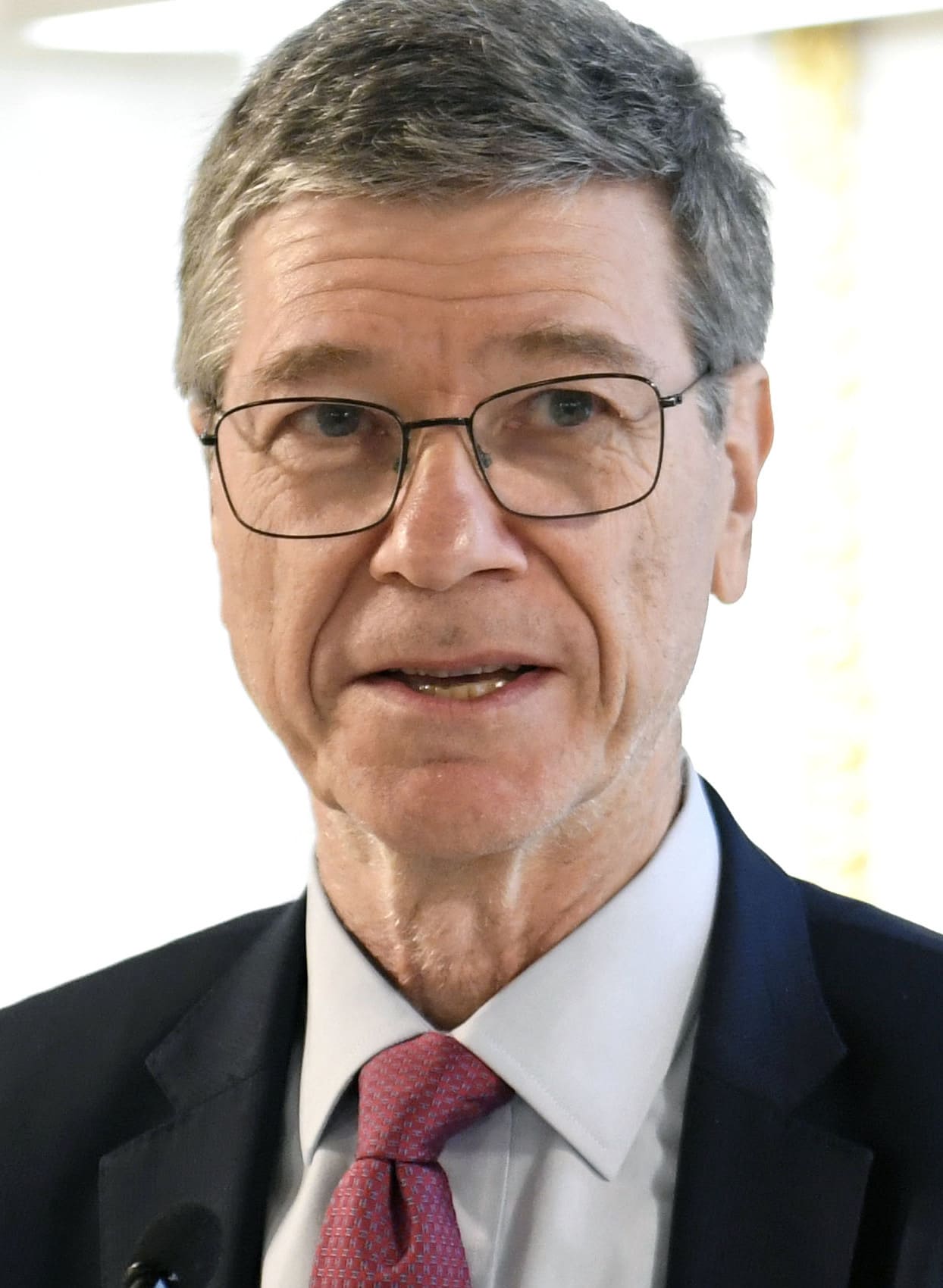
Jeffrey Sachs: Development and sustainability, it’s time to change course
2021-10-22 -
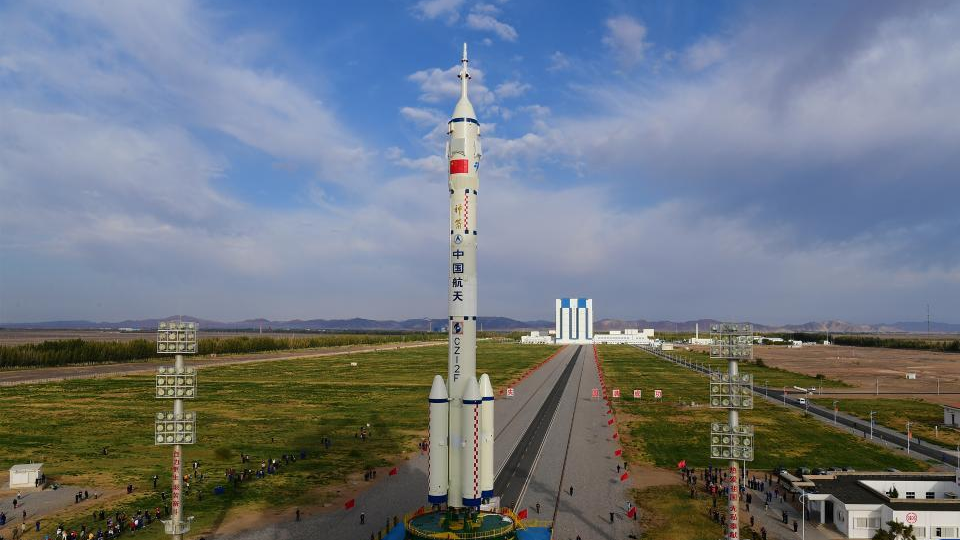
William Jones: China in space – an inspiration for the world
China's launch of the second manned mission to the Tianhe module of the Chinese Tiangong space station has garnered great attention and many laudatory comments, particularly from the international space community. It could be said with some justification that China's decision to begin manned space exploration, and, in particular, exploration of the moon, our nearest neighbor, has launched a second wave of human space exploration.
2021-10-21 -
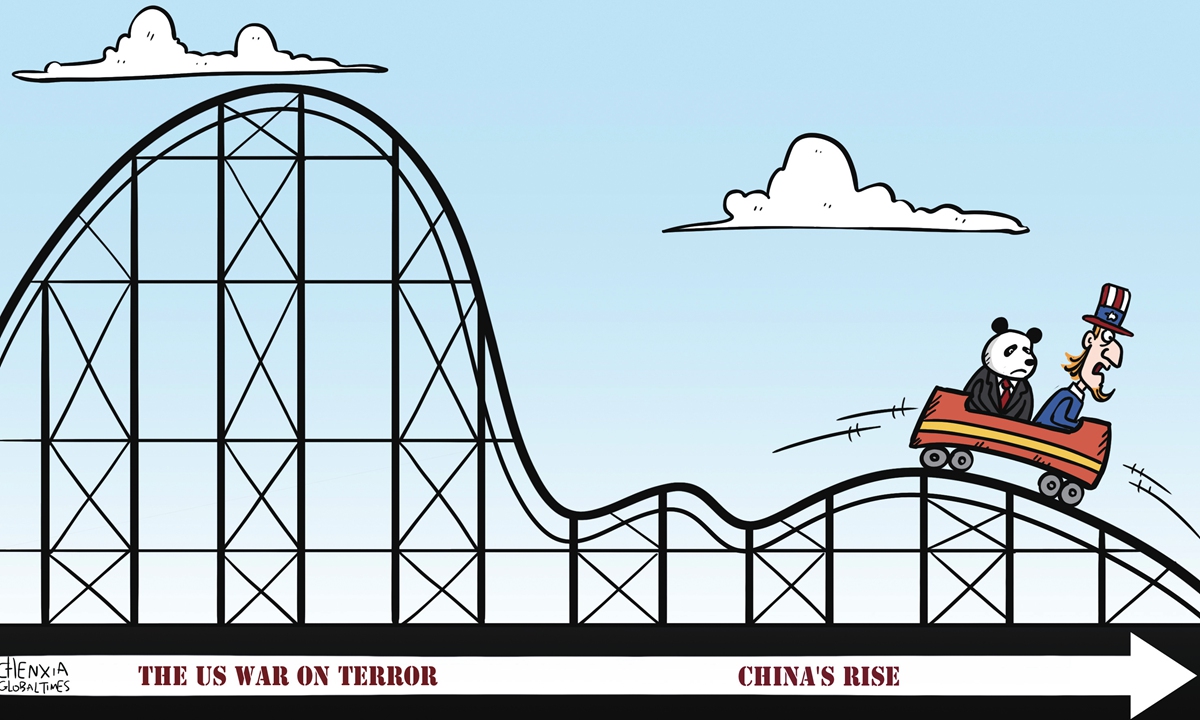
Ding Gang: Powell’s death underscores US-China structural challenges
On Monday, Colin Powell, the first black US secretary of state, died from complications from COVID-19 at age 84.
2021-10-21 -
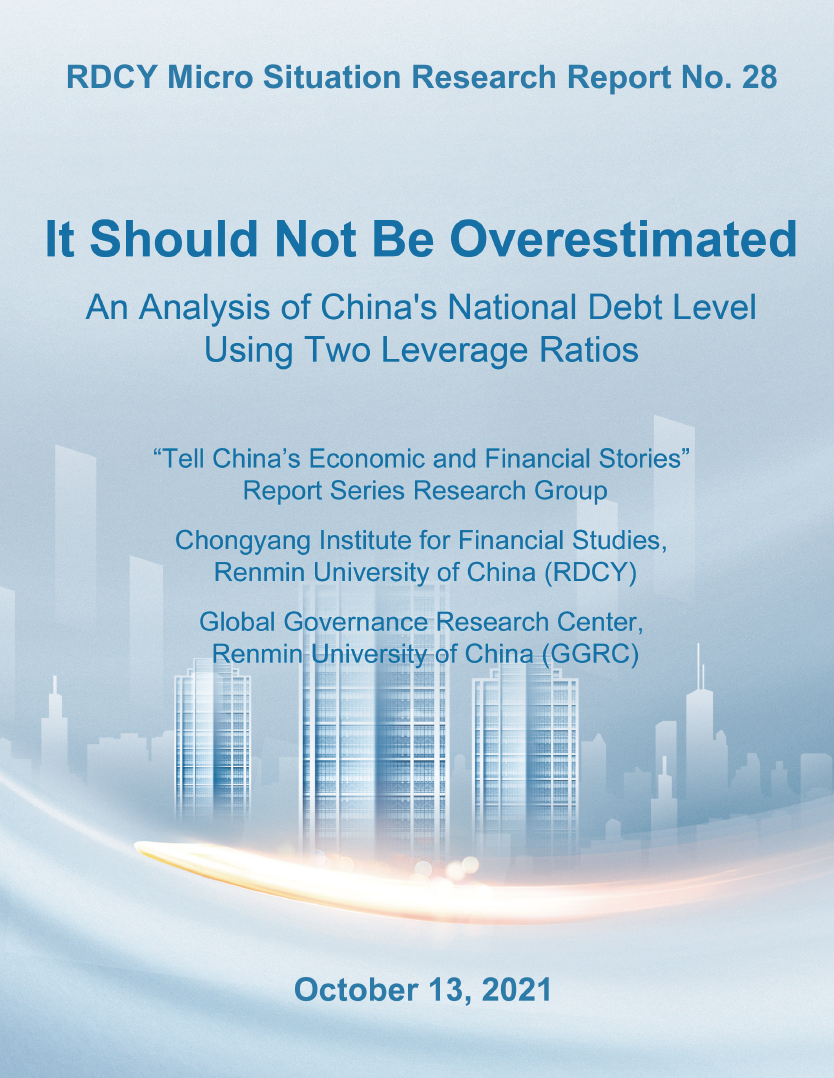
RDCY Micro Situation Research Report No.18: It Should Not Be Overestimated
2021-10-21 -

John Ross: Why Common Prosperity is Good for Socialism and for China’s Economy
President Xi Jinping’s introduction of the term “Common Prosperity” has led to an important discussion both inside and outside China. The aim of Common Prosperity is, of course, not at all limited to purely economic objectives. Its goals are far wider, including to ensure the rise in the living standards of the Chinese people, to increase social cohesion and political stability, and thereby to play an overall fundamental role in China’s national rejuvenation.
2021-10-20 -
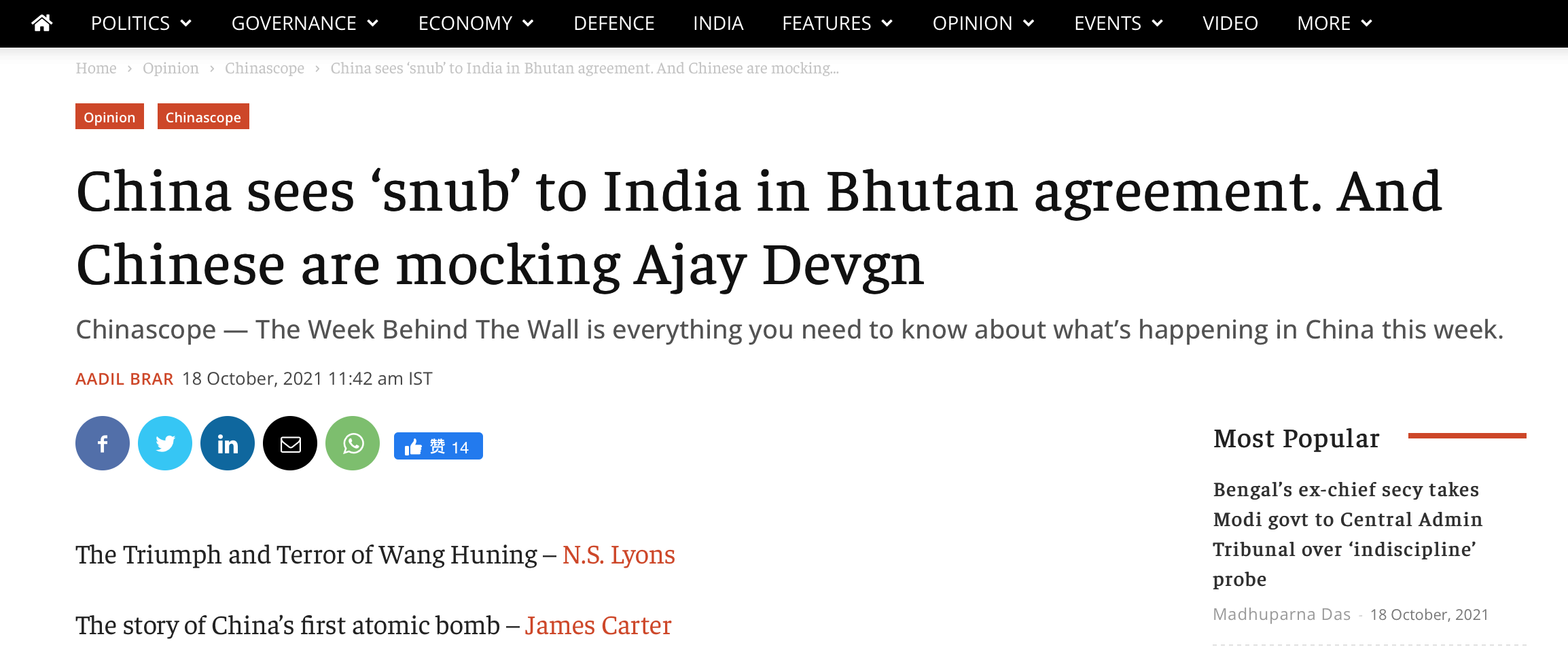
Liu Zongyi: China sees ‘snub’ to India in Bhutan agreement. And Chinese are mocking Ajay Devgn
“In response to China’s recent domestic policies such as anti-monopoly and curbing the disorderly use of the capital, the Indian media has claimed that ‘due to China’s internal policy adjustments, the world’s investment in high-tech companies has gone to India’. In fact, this statement is fake news because most of the money that goes to India is hot money in the stock market, not real investment,” wrote Liu Zongyi, Secretary-General, China and South Asian Studies Center, Shanghai Institute of International Studies.
2021-10-19 -
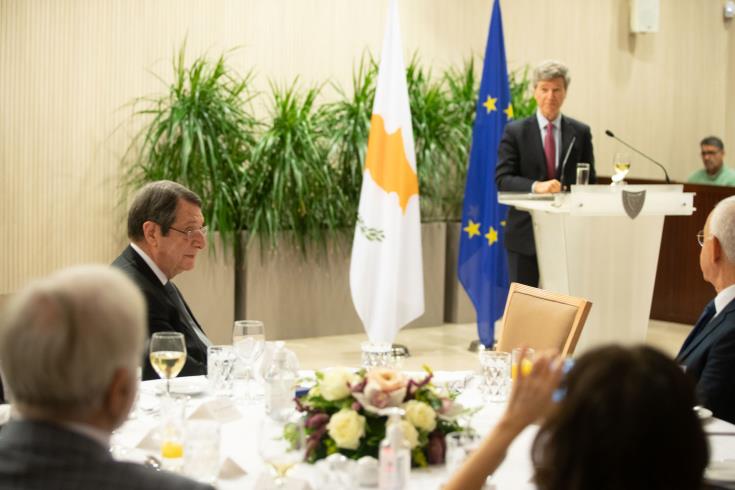
Jeffrey Sachs praises Cyprus President for his climate change initiative
Jeffrey Sachs, Director of the Center for Sustainable Development at Columbia University, Global Director of UN SDSN, has said that Cyprus President Nicos Anastasiades’ initiative on climate change is of tremendous significance and pledged to offer full support for its implementation.
2021-10-19 -
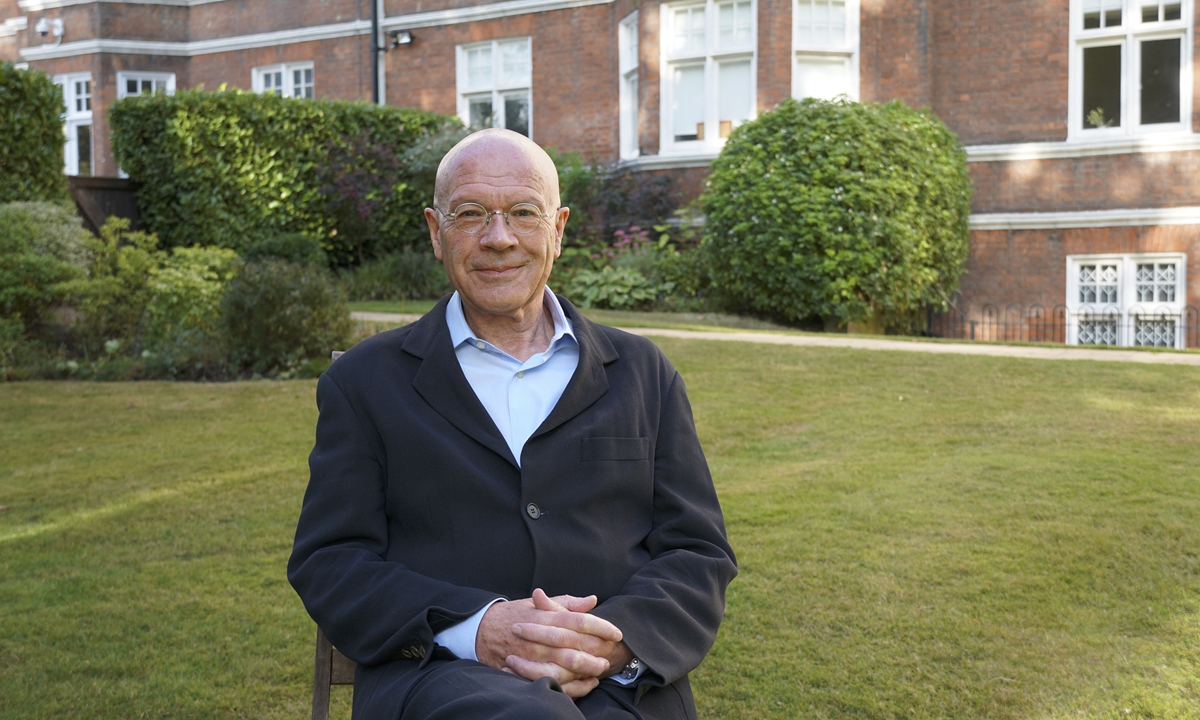
Martin Jacques: China is taking action against tech giants while West stalls
There is growing interest in the West about the present wave of reforms in China, which began with the defrocking of Ant, then the regulatory moves against the anything-goes behavior of the tech giants, and the more recent criticism of the glaring inequalities in Chinese society. The initial Western reaction was predictably negative, but this knee-jerk response has increasingly given way to a more thoughtful and curious response. For five years, Western attitudes toward China have been overwhelmingly toxic and hostile. This is the first respite. As such it is a moment of some significance. What is going on in the Western mind?
2021-10-18 -

Vijay Prashad: Isolated, divided Afghanistan vulnerable to Islamic State
On October 8, a terrible blast struck the worshippers attending Friday noon prayers at the Gozar-e-Sayed Abad Mosque in the Khan Abad district of Bandar, the capital of Kunduz, one of Afghanistan's largest cities in its northern belt. This is a mosque frequented by Shia Muslims, who were referred to as "our compatriots" by Taliban spokesperson Zabiullah Mujahid. Forty-six people died immediately in the blast, and local officials said that many more people were injured in the incident. Not long afterward, the Islamic State in Khorasan Province, ISKP (ISIS-K), took credit for the attack on its Telegram channel. The suicide bomber was identified as Mohammed al-Uyguri by ISIS-K.
2021-10-18 -
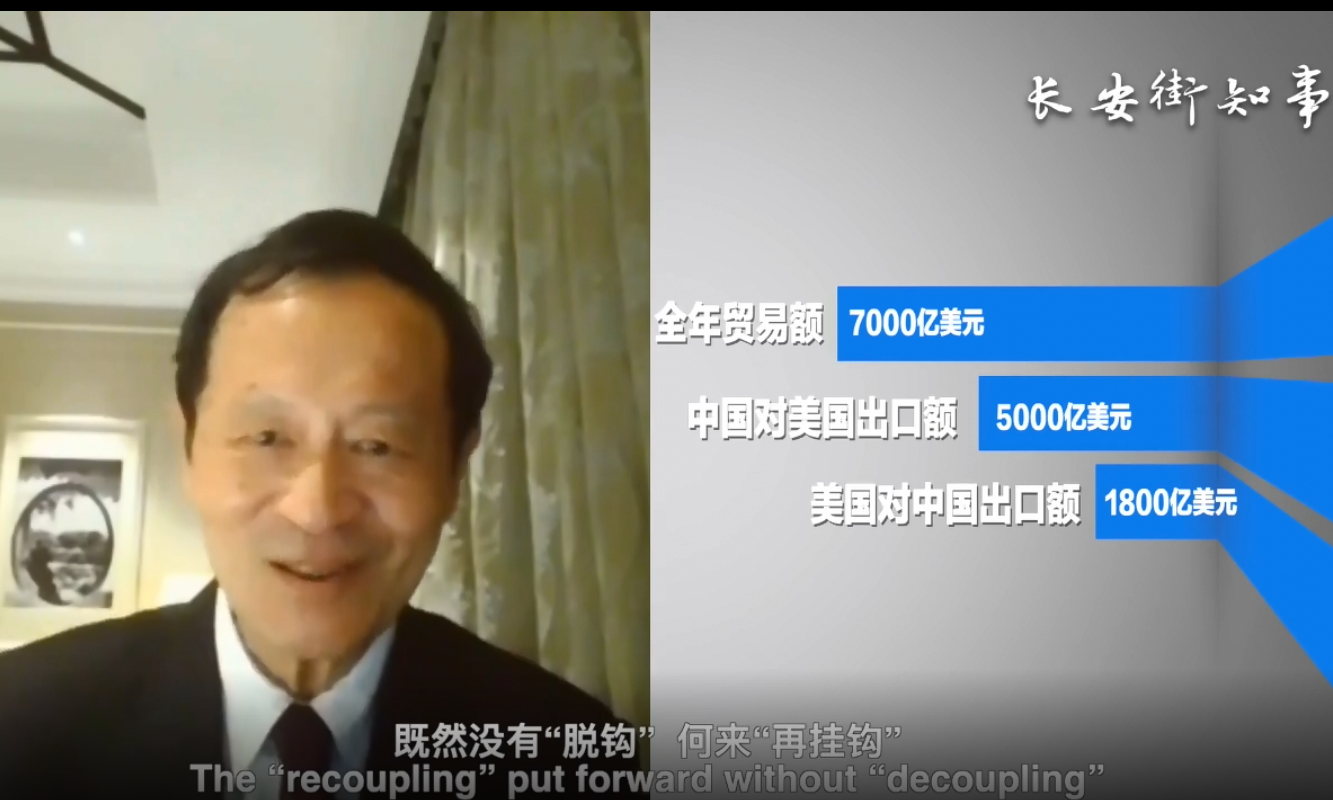
He Weiwen: Recoupling - Amercian discourse trap
2021-10-15 -
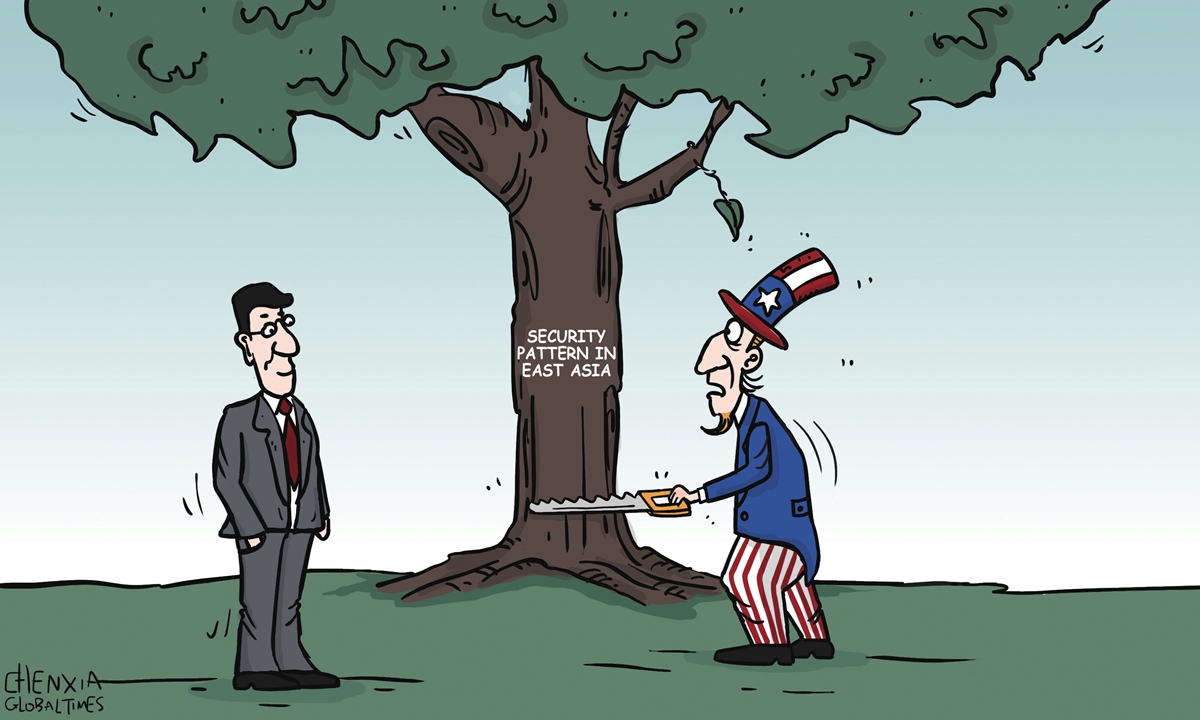
Ding Gang: How to shape E.Asian security architecture built after Korean War
The blockbuster film The Battle at Lake Changjin was aired on-screen during China's National Day holidays with astonishing box-office numbers. It once again promoted the Chinese public's profound interest in the Korean War (1950-53). Online discussions about the war are particularly hot, reminding many people of current China-US relations.
2021-10-15 -
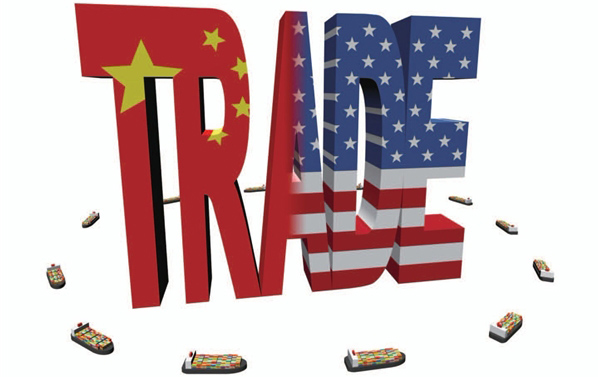
He Weiwen: Rules for Durable Coexistence
In her key speech outlining the U.S. administration’s approach to trade with China, United States Trade Representative Katherine Tai highlighted the crucial importance of China-U.S. bilateral relations using the keywords “durable coexistence” — in contrast with the new cold war advocacy of Donald Trump.
2021-10-15
























































































 京公网安备 11010802037854号
京公网安备 11010802037854号





